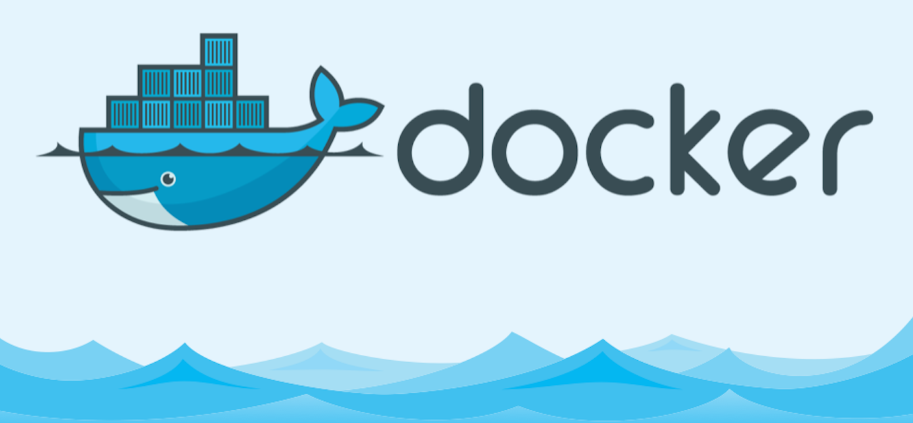The Open Container Initiative (OCI) is an open governance structure for the express purpose of creating open industry standards around container formats and runtimes.
Docker is a tool that helps developers build, share, run, and verify applications using containers.
Containers provide a lightweight and consistent execution environment that abstracts away underlying infrastructure differences. Technologies like Docker and OCI containerd enable developers and system administrators to package applications and their dependencies into a single, portable unit.
SFTPPlus MFT has native support for containers and by using SFTPPlus MFT you get full control over the way the software operates in your organization.
We provide an example for creating a container image, that can be found in our GitHub SFTPPlus Docker repository

Advantages of Deploying SFTPPlus MFT with Docker
Isolation and Security
Containers provide strong process and resource isolation. Running SFTPPlus MFT in a container limits its access to the host system, improving security.
SFTPPlus MFT support all the additional container hardening such as:
- Running the container as a non-root user
- Mounting configuration and key files as read-only volumes
- Using network policies to control access
DevOps and CI/CD Integration
With containerized deployments, SFTPPlus MFT can be integrated into CI/CD pipelines. This allows automated testing, configuration validation, and deployment of file transfer services as part of your DevOps workflows. Infrastructure as Code (IaC) tools like Terraform or Ansible can be used with SFTPPlus MFT to manage infrastructure consistently.
Scalability and High Availability
Containers integrate well with orchestration platforms like Kubernetes, which enables auto-scaling, load balancing, and self-healing. You can run multiple instances of the SFTPPlus MFT FTP server behind a load balancer or deploy across regions for disaster recovery scenarios.
Reduced Overhead Compared to VMs
Unlike virtual machines, containers share the host OS kernel, making them significantly more lightweight. This means faster startup times and lower resource consumption, enabling you to run multiple isolated SFTPPlus MFT services on the same host without the performance penalty associated with full virtualization.
Supported Operating Systems
Any recent Linux distributions are supported. Below is the list with the most popular OS versions:
- Alpine Linux 3.13 and newer
- Ubuntu Server 24.04 LTS
- Red Hat Enterprise Linux 8 and 9.
- Oracle Linux, Rocky Linux, AlmaLinux and other distribution based on RHEL
Check our documentation page for a comprehensive list of supported operating systems.
Deploying SFTPPlus MFT with Docker
SFTPPlus MFT can be deployed using any standard container solution like Docker or containerd.
It can be used to create:
- SFTP server
- FTPS server
- HTTP file transfer server